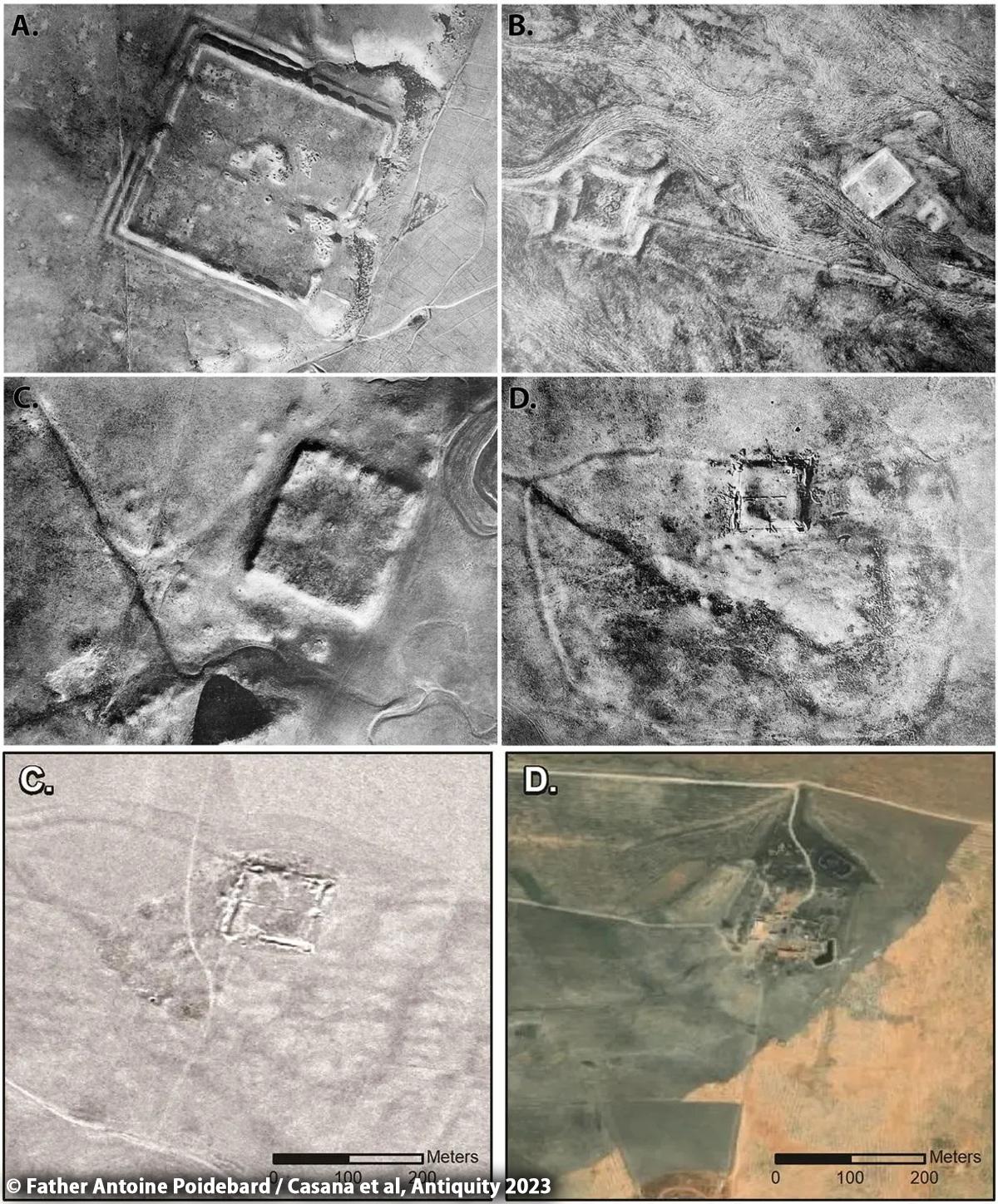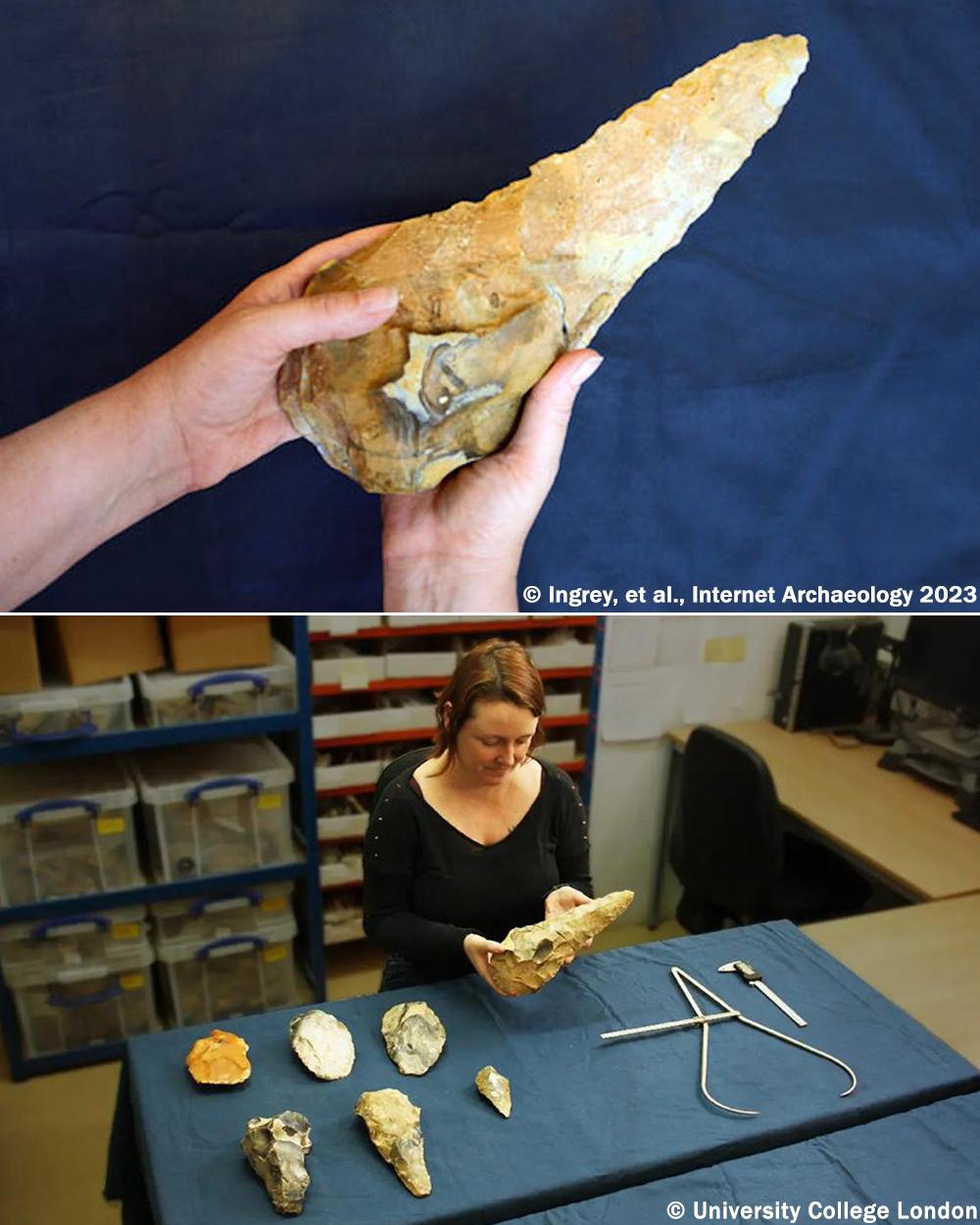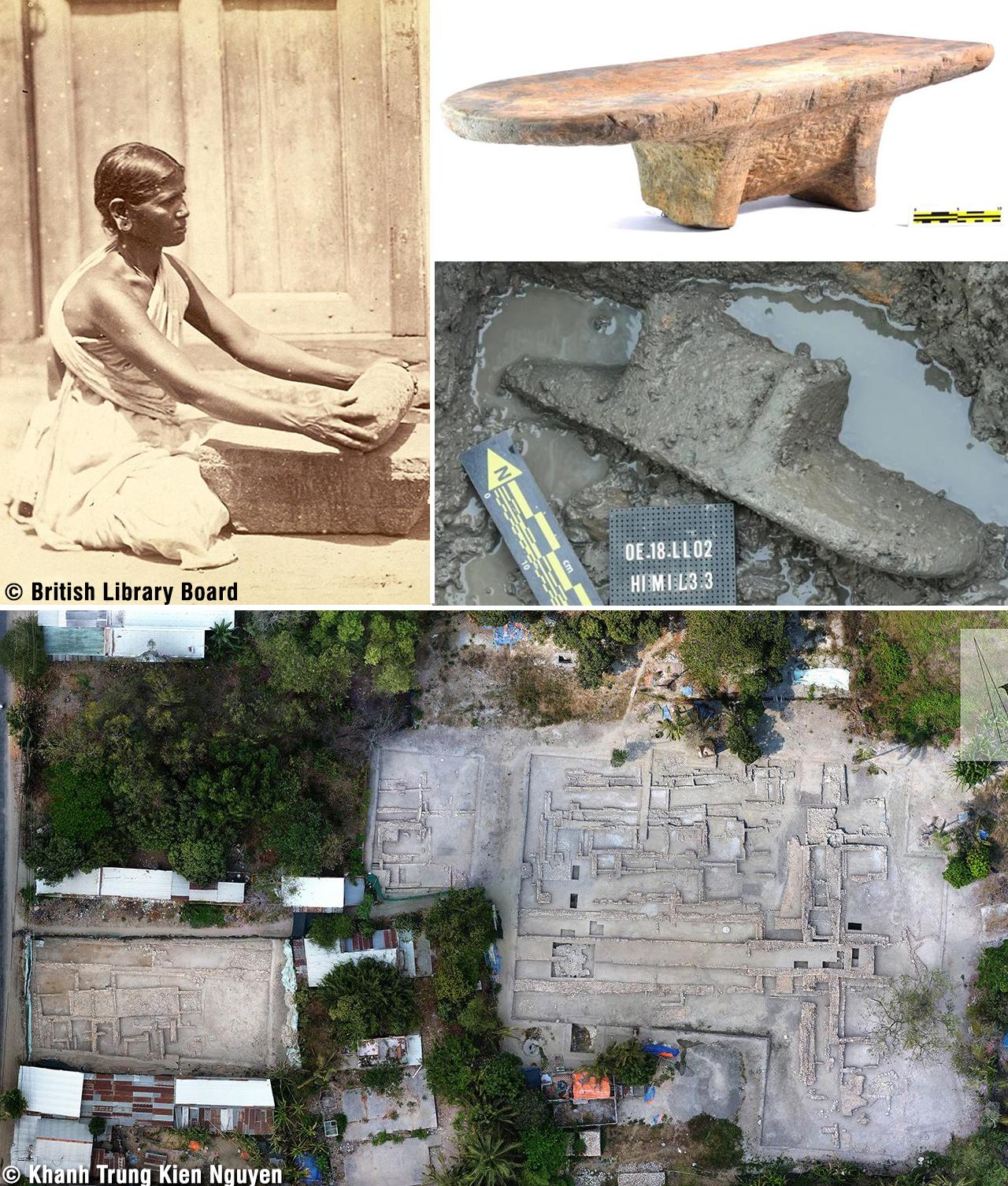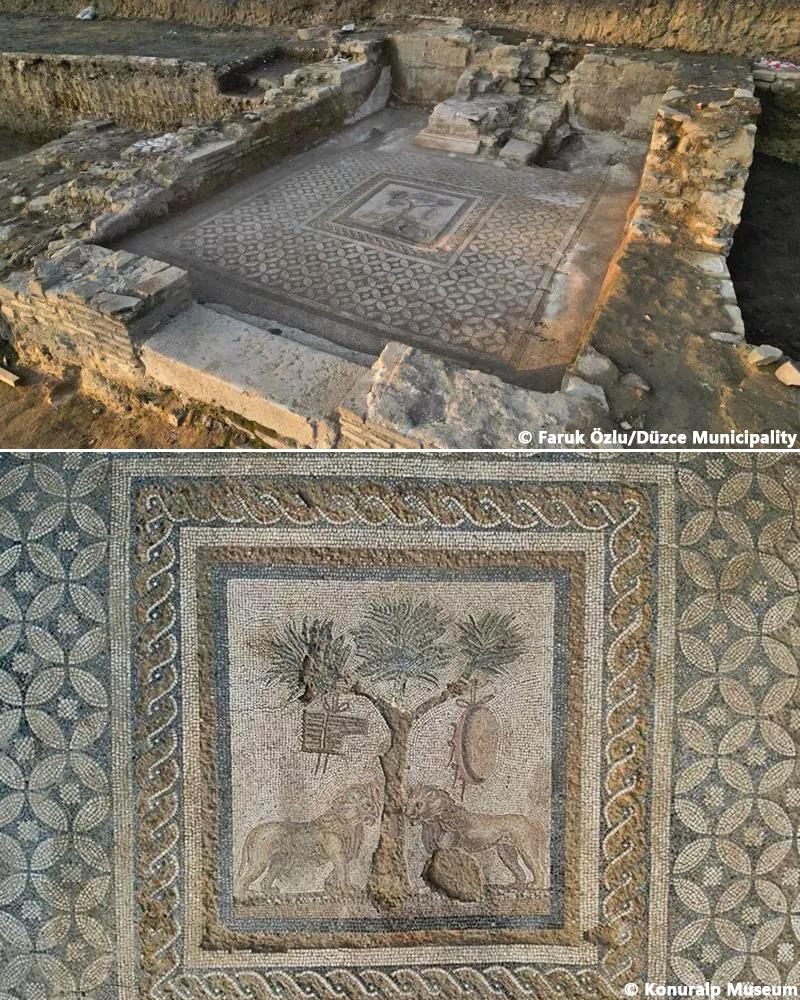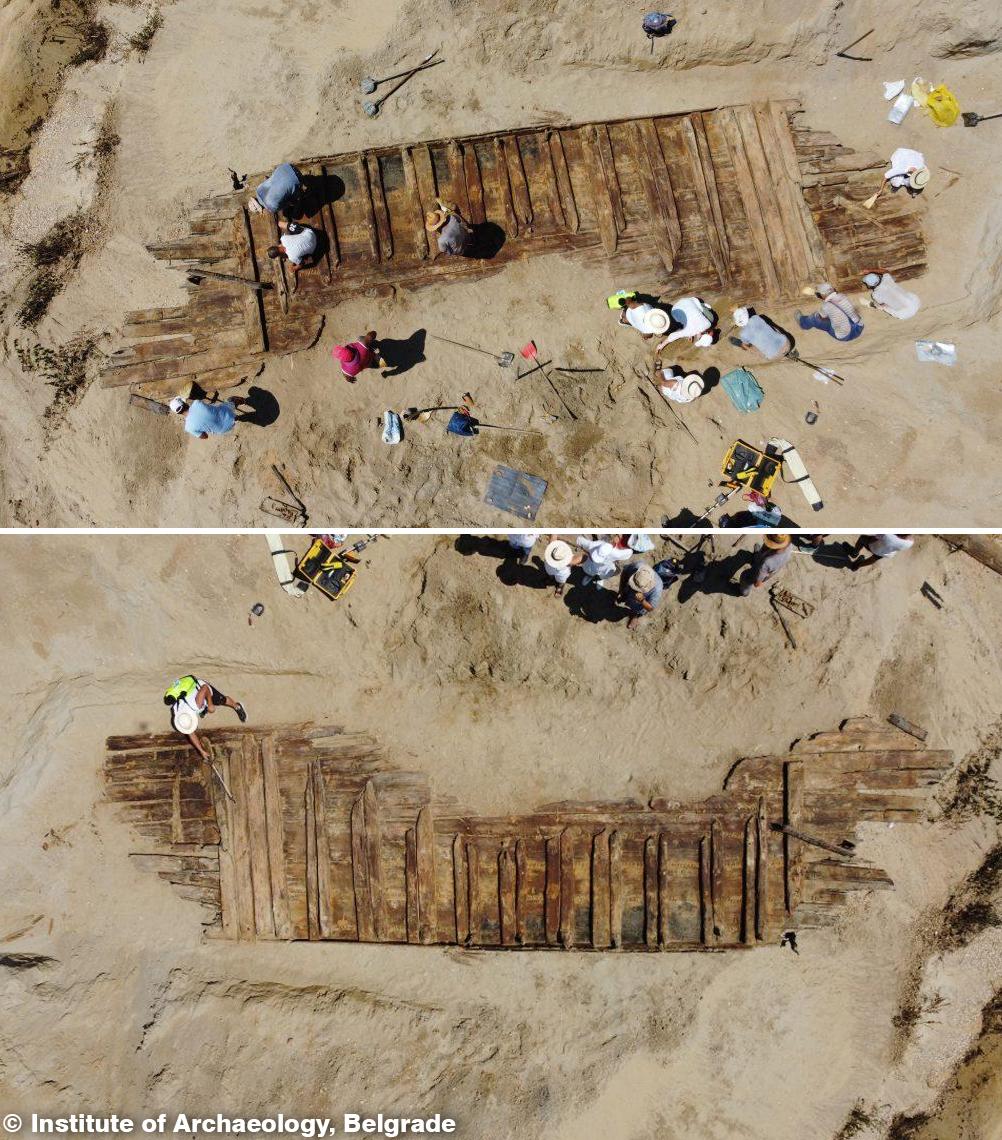In the annals of ancient Egyptian history, few rulers have left as indelible a mark as Senusret III. Reigning during the zenith of the Middle Kingdom, Senusret III's rule was marked by military prowess, territorial expansion, and administrative innovation. His era represents a transformative period in Egyptian history, characterized by triumphs in war and advancements in governance. Join us as we delve into the life and legacy of Senusret III, a pharaoh whose reign reshaped the course of ancient Egypt.

Exploring the Reign of Senusret III
Senusret III ascended to the throne as the fifth king of the Twelfth Dynasty, inheriting a period of relative peace and prosperity from his predecessors. However, it was his military campaigns and ambitious infrastructure projects that would define his reign. Leading four triumphant wars into Nubia, Senusret III extended Egypt's influence and secured vital resources, such as gold from the eastern desert and luxury goods from Africa. His legacy also includes the construction of a series of fortresses along the southern borders, laying the groundwork for Egypt's defensive strategy for centuries to come.
The Warrior Pharaoh and His Military Campaigns
Senusret III's military campaigns into Nubia were marked by strategic brilliance and tactical innovation. Building upon the foundations laid by his predecessors, he launched deliberate offensives that led to the establishment of an extensive network of defensive military architecture. Through meticulous planning and decisive action, Senusret III expanded Egypt's territory, annexing vast swathes of land and securing crucial trade routes. His conquests reshaped the geopolitical landscape of the ancient Near East and solidified Egypt's status as a regional superpower.
Administrative Reforms and Legacy
Beyond his military conquests, Senusret III is also remembered for his administrative reforms and innovations. Recognizing the need for efficient governance, he reorganized Egypt's administrative structure, cultivating a new class of minor officials to oversee the burgeoning royal cities. This shift in governance marked a departure from the traditional nomarch system and laid the groundwork for a more centralized and bureaucratic state apparatus. Senusret III's legacy as an administrator and statesman endures, shaping the trajectory of Egyptian governance for generations to come.
In conclusion, Senusret III stands as a towering figure in the annals of ancient Egyptian history, revered for his military prowess, administrative acumen, and visionary leadership. His reign ushered in an era of unprecedented expansion and advancement, leaving an indelible mark on the fabric of Egyptian civilization. As we reflect on the legacy of Senusret III, we are reminded of the enduring power of leadership and the transformative impact of decisive action.






